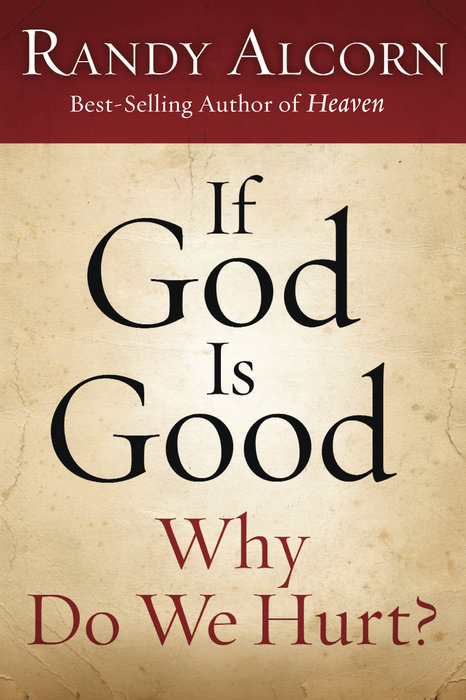Tapping Into God’s Power
“Your mistake is that you don’t know the Scriptures, and you don’t know the power of God. (Matthew 22:29)
Do you see it? Jesus made a direct connection between knowing the Bible and leading a powerful life. Lukewarm men are in error because they “don’t know the Scriptures” and therefore “don’t know the power of God.” Their capabilities don’t equal their intentions. Without the right training, their soil remains bare, stony, and full of weeds. And as you’ll soon see, by “know the Scriptures,” Jesus was talking about a lot more than mere head knowledge.
On the other hand, transformed men “truly hear and understand God’s word and produce a harvest.” Digging into the Word of God is easily the number one factor that differentiates men who have tapped into God’s power.”
Excerpted from Man Alive by Patrick Morley
[ … ]






